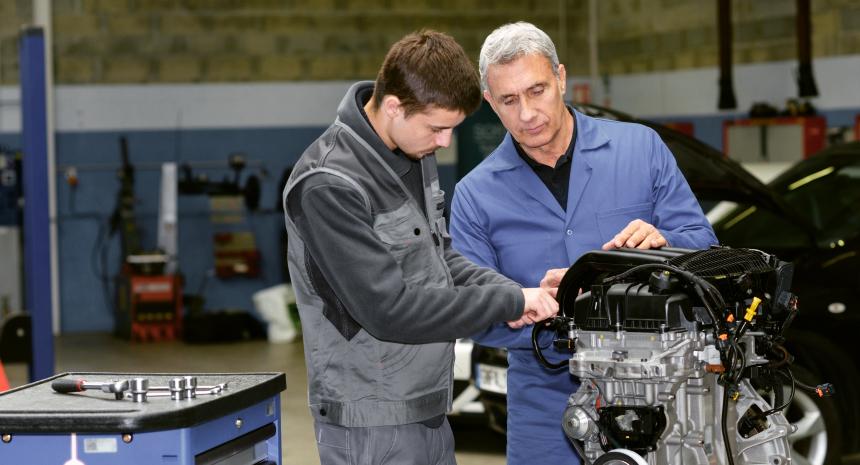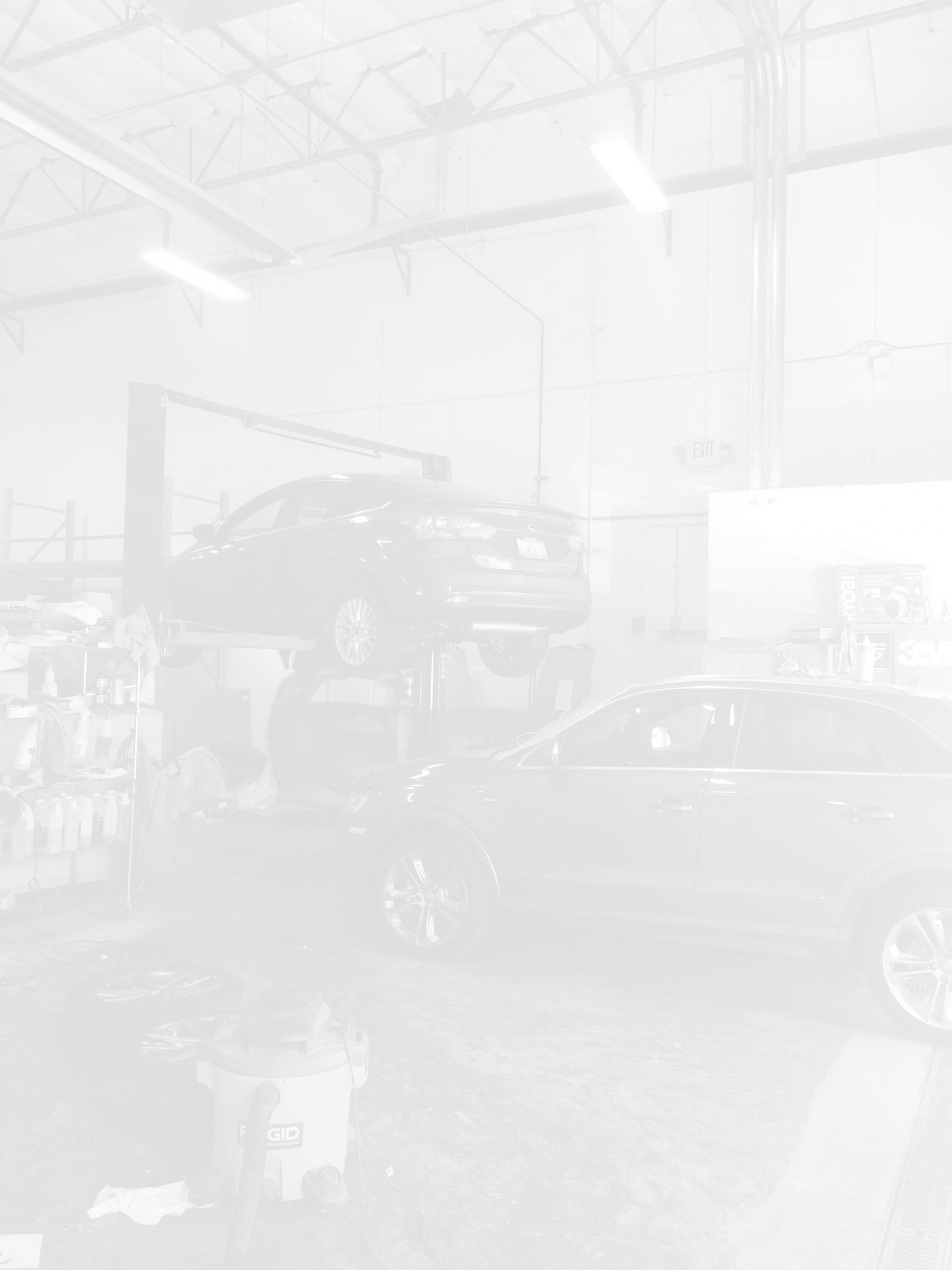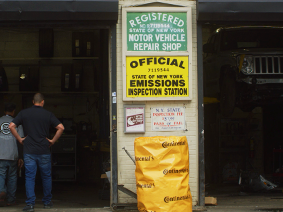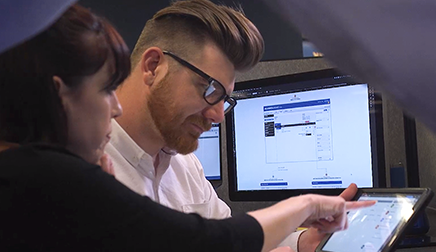I would like to become a neurosurgeon. It looks like fun, and I hear it pays well.

A simple online search reveals that, assuming half of my undergraduate works applies, I’m in for 6 years of school and 6 years of residency. For a few hundred thousand and a loss of 12 years of my current income, I’ll be ready to go – when I’m 62. It’s hard to imagine a break-even on this investment. And besides, I love automotive diagnostics almost as much as I think I would love neurosurgery.
The aftermarket repair industry is stratifying, which is a very cool word that means the gap between A, B and C technicians is increasing. Moreover, there are many B and C level tasks that now require A level knowledge.
That argument I just had with myself is called a ‘return on investment (ROI) analysis,’ and every investment decision should be made in this way. By ‘investment’, I mean the time or money we spend with some expected improvement in income or efficiency. That brings us to a discussion about training, and specifically to my world of diagnostic training. Does it make sense to spend time and money to acquire diagnostic skills? You’d expect me to say ‘yes’, but it’s really up to the ROI analysis, coupled with emerging trends in our industry. So instead, let’s say ‘probably’.
The aftermarket repair industry is stratifying, which is a very cool word that means the gap between A, B and C technicians is increasing. Moreover, there are many B and C level tasks that now require A level knowledge. Often, you’ll need a scan tool function when replacing a battery or brake pads, and even checking the transmission fluid level or rotating tires. The truth is, every shop now needs access to advanced tools and an A tech. On the other hand, an ROI analysis says that owning every factory tool, a lab scope, a gas analyzer, and other specialty equipment may not make sense for every shop even though the related abilities are critical to survival.
Free market economics have responded, as always, by rewarding those with the required skills. For smaller shops, the free market has provided flexibility and scalability through mobile diagnostic technicians, remote programming, tool rental, and collaboration between shops (in a chain or within an industry organization). These models allow both large and small shops to compete without being crippled by equipment costs. A common blending of these strategies involves acquiring some critical skills and owning the most commonly used tools, and then relying on other resources for the rest. In the correct combination, this solves the shop problem, but it also offers an opportunity for a group of technicians to fill the growing (and lucrative) hole in our industry.
Our training organization sees this stratification continuing until there are two distinct technician career paths – mechanical and diagnostic. It’s likely for the foreseeable future that diagnostic technicians will be mechanical technicians that acquire the additional skills needed, so there’s an opportunity for traditional technicians to make a choice about how they want to develop over time.
Each technician should decide which future technician they want to be, and then create an educational plan for getting there.
Will mechanical technicians become extinct? Certainly not. Those skills will always be needed, and those will always be solid careers. The difference will be that the one who diagnoses and the one who repairs won’t always be the same technician. For example, the mechanical technician will replace an engine that the diagnostic technician condemned in less than an hour using a compression transducer or a lab scope CMP/CKP comparison. The mechanical technician will replace a clogged catalytic converter that the diagnostic technician located using a Volumetric Efficiency calculator and a falling MAP PID value. And the mechanical technician will perform an alignment and may need the diagnostic technician to reset the steering angle sensor.
Each technician should decide which future technician they want to be, and then create an educational plan for getting there. Back to the ROI discussion: If the demand is there, then each technician needs to decide if they want to be a part of the evolution of our industry. If so, then there also needs to be an ROI decision about which tools and training to invest in. The correct answer is whichever tools and training are most likely to pay you back tomorrow. If done correctly, these choices will pay you back much faster than training to become a neurosurgeon! The pay is good and there’s plenty of flexibility to be the diagnostic technician for a shop, for multiple shops, or even in some combination of diagnostics, programming, training, hotline and writing. Additionally, it’s at least as much fun as being a neurosurgeon…I assume.
Want to see how ALLDATA can improve shop efficiency? Check out our suite of products, each designed to contribute to both shop efficiency and productivity.
If you would like to read more articles like this one please subscribe to ALLDATA News.








